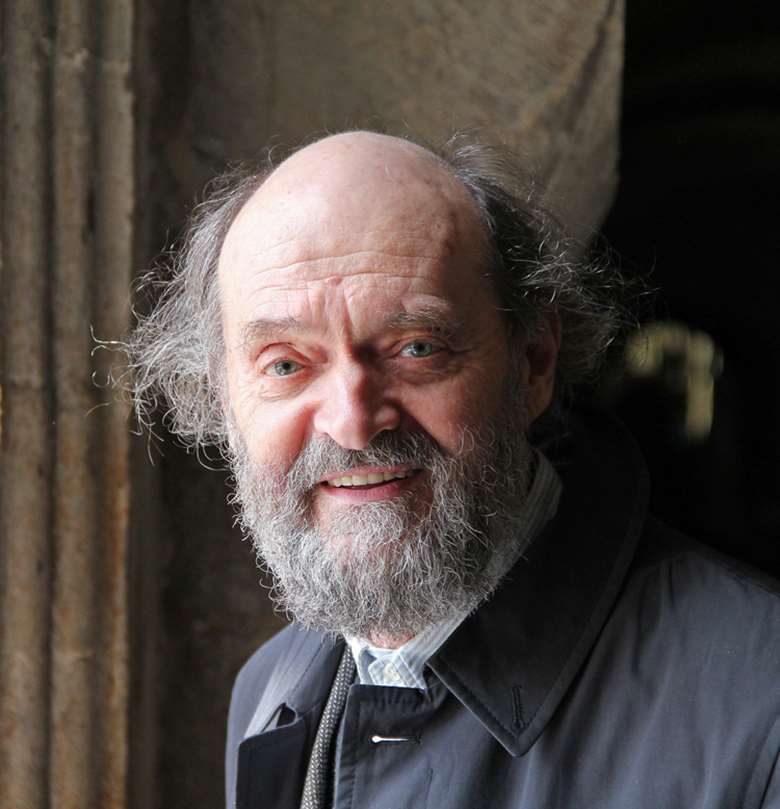An interview with Arvo Pärt and his closest musical collaborators
Gramophone
Thursday, July 7, 2016
A classic interview from the September 1996 issue of Gramophone, by Nick Kimberley

Register now to continue reading
Thanks for exploring the Gramophone website. Sign up for a free account today to enjoy the following benefits:
- Free access to 3 subscriber-only articles per month
- Unlimited access to our news, podcasts and awards pages
- Free weekly email newsletter








